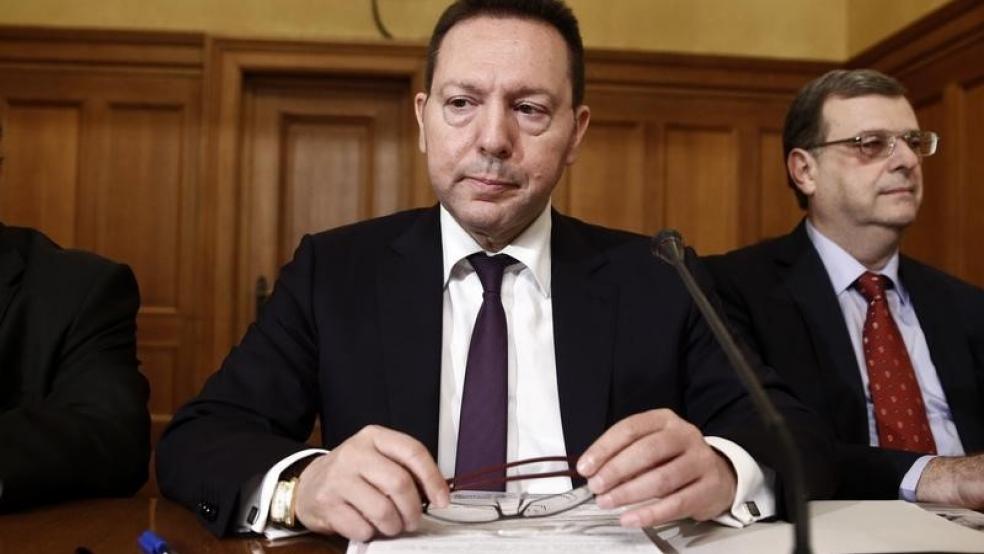Here’s your guide to the next big turning points (that can already be predicted) in the rapidly unfolding crisis in Greece.
Sunday night
The Bank of Greece is holding a conference call with the Greek banks to discuss their dire liquidity situation, caused by Greeks pulling their money out of the banks. Financial institutions had been helped out by the European Central Bank (ECB) via an emergency liquidity fund known as the ELA. However, after Greece went into arrears on its repayments to the International Monetary Fund (IMF), this was capped.
Related: Greek “No” Brings Delight to Eurozone Opponents
The banks are now in serious danger of running out of cash in ATMs if the ceiling for the ELA is not raised further—and this could also mean that there is not enough money to pay for key imported goods like medicines.
Monday
The ECB will meet to decide what to do with the ELA funding for Greece. If they suspend it, it would mean that Greek banks suddenly have to repay their ELA liquidity, which could mean that Greece crashes out of the euro zone.
Related: Eurogroup to Meet on Tuesday to Prepare Summit on Greece
The central bank is expected to hold fire and keep the current level of ELA funding, while it waits for the political class to sort out a new deal. This would be enough to keep the pressure on the Greek government to secure a deal, without risking a potentially disastrous exit from the 12-nation currency bloc.
Tuesday
Well, this could be awkward. There is expected to be a euro zone leaders' summit, with Greek Prime Minister Alexis Tsipras newly emboldened by the referendum's results. Because there have been some tough words on both sides in the last week, it may be more difficult to find common ground. "Credibility and trust between Europe and Greece has been seriously damaged this week," George Saravelos, head of European currency and cross-market strategy at Deutsche Bank, wrote in a research note.
"It is the increasing pressure on the Greek economy and people via a frozen banking system and capital controls that will drive the speed of developments," he added.
Related: Euro Slips, Bonds Rally on Greek Upset
The Greeks are expected to make new calls for some form of debt forgiveness, using the most recent report from the International Monetary Fund (IMF), which called their national debt "unsustainable."
Monday, July 20
This is the next big repayment deadline when Greece is due to repay 3.5 billion euros to the ECB. If this payment is missed, the central bank may feel obliged to cut off the Greek banks' remaining lifeline of the ELA, potentially letting them run out of money.
The Greeks need to have a Plan B—whether it's using the euro outside the euro zone or going back to the drachma. That can be avoided, however, if they manage to work out a deal with their debtors.
This article was published originally in CNBC.com.
Read More at CNBC:




